July 20, 2016
We need to keep a more open mind about open plan office design
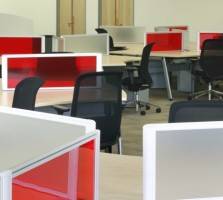 Most people will be aware that there has been an historic and enduring debate about whether open plan offices are a good or a bad thing. Past articles whether in the Guardian, Dezeen or across the pond in the Washington Post would typically suggest that they diminish productivity and foster a number of other workplace ills. However introducing open plan design principles into your office is almost certainly a good idea. You really just need to make sure that you provide your employees with a choice of settings that allows them to work somewhere that suits the task in hand whether it’s space for concentration or privacy for confidential conversations in order to make it work. It’s a complex and contentious issue so it’s worth asking where open plan works and where it really doesn’t. If you ask many employees working in open plan offices what is bothering them, they’ll probably tell you two things: that they cannot focus and they have no privacy.
Most people will be aware that there has been an historic and enduring debate about whether open plan offices are a good or a bad thing. Past articles whether in the Guardian, Dezeen or across the pond in the Washington Post would typically suggest that they diminish productivity and foster a number of other workplace ills. However introducing open plan design principles into your office is almost certainly a good idea. You really just need to make sure that you provide your employees with a choice of settings that allows them to work somewhere that suits the task in hand whether it’s space for concentration or privacy for confidential conversations in order to make it work. It’s a complex and contentious issue so it’s worth asking where open plan works and where it really doesn’t. If you ask many employees working in open plan offices what is bothering them, they’ll probably tell you two things: that they cannot focus and they have no privacy.





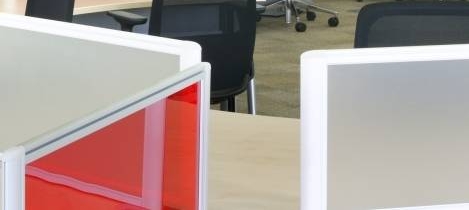


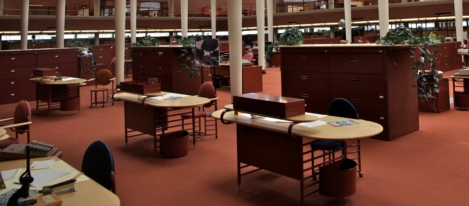
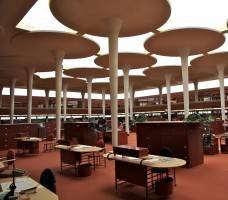


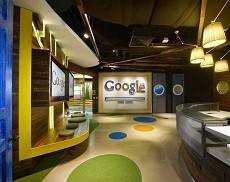










March 5, 2021
From the archive: Flexible working may improve productivity, but does it diminish creativity?
by Maciej Markowski • Comment, Flexible working, Workplace